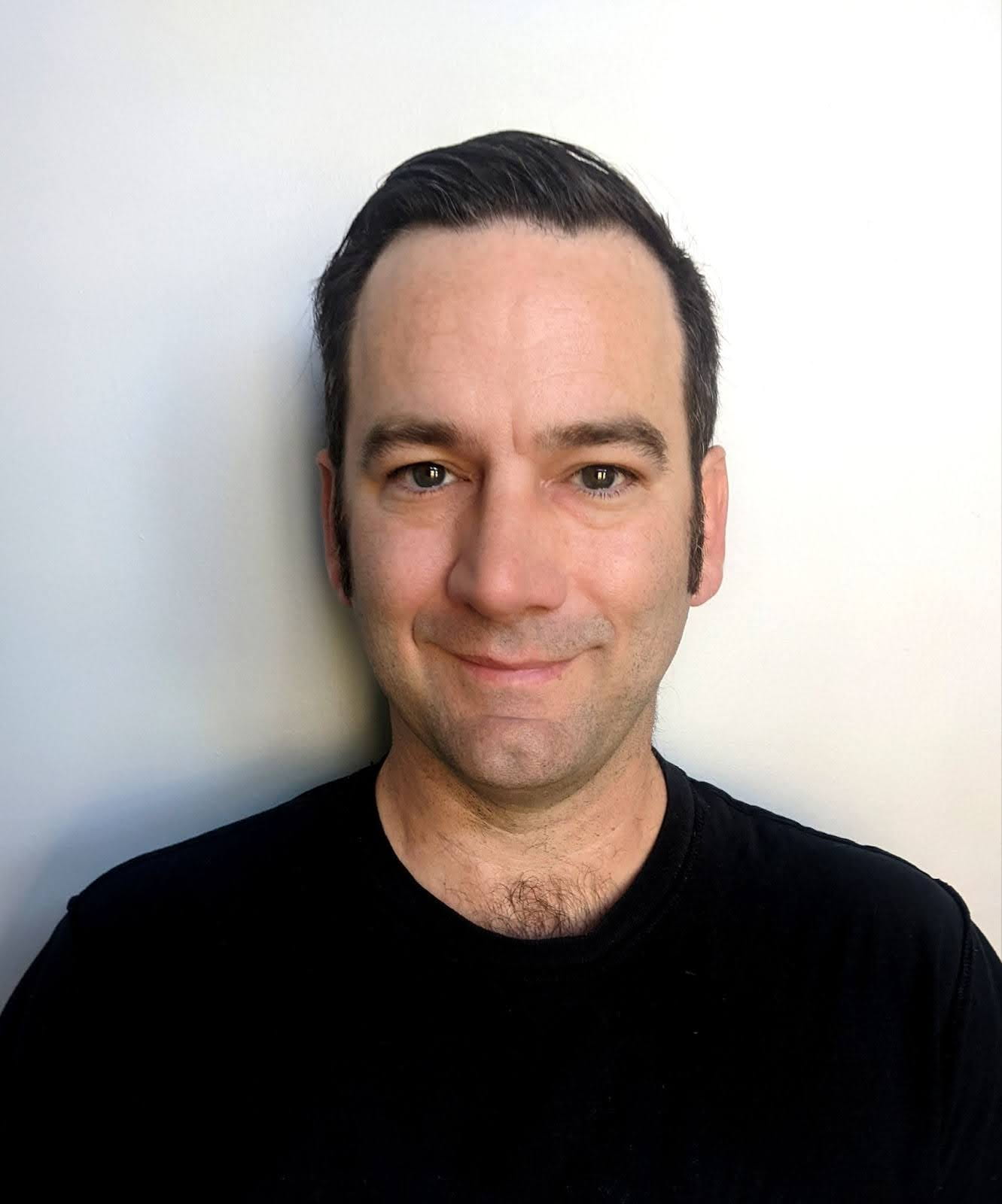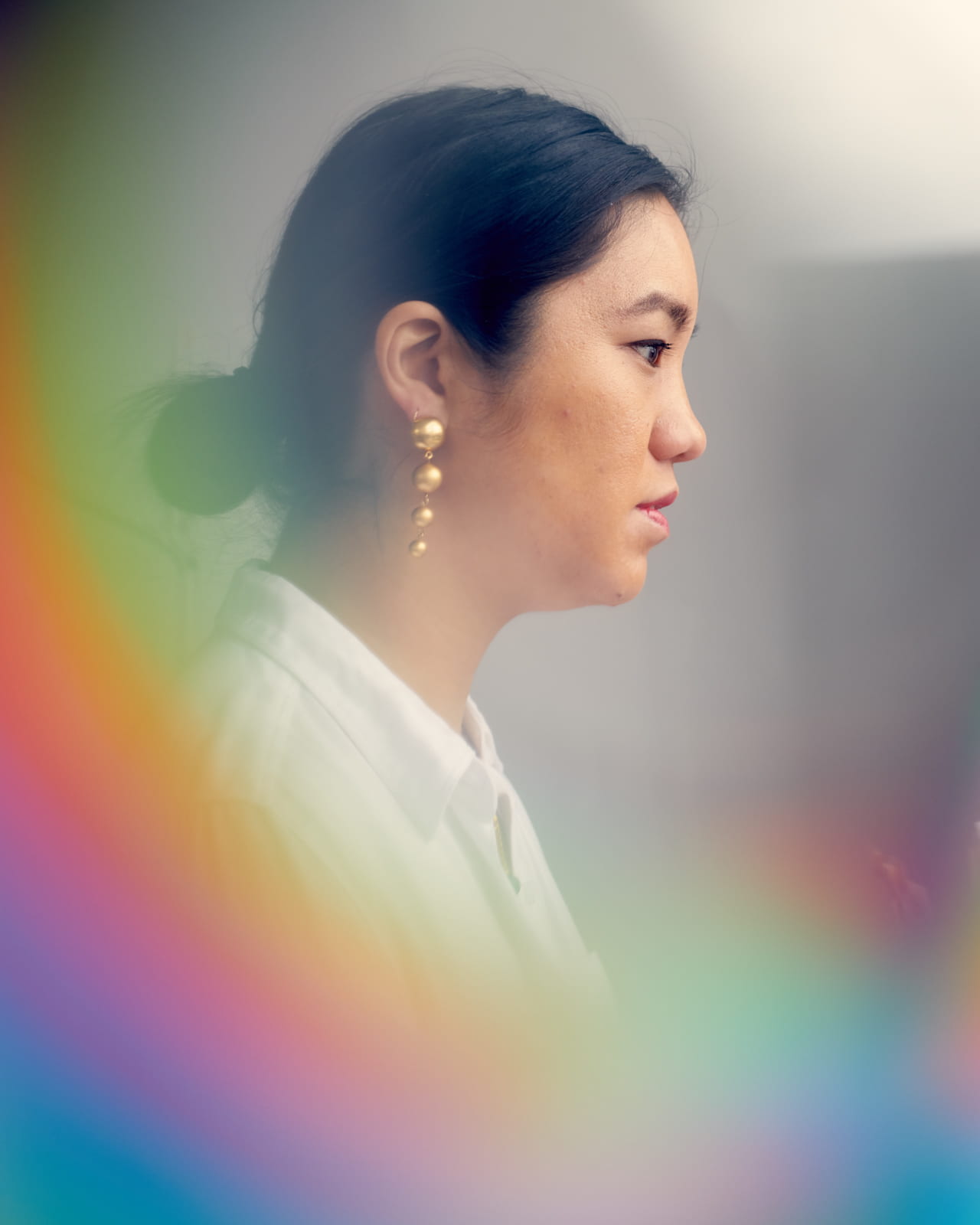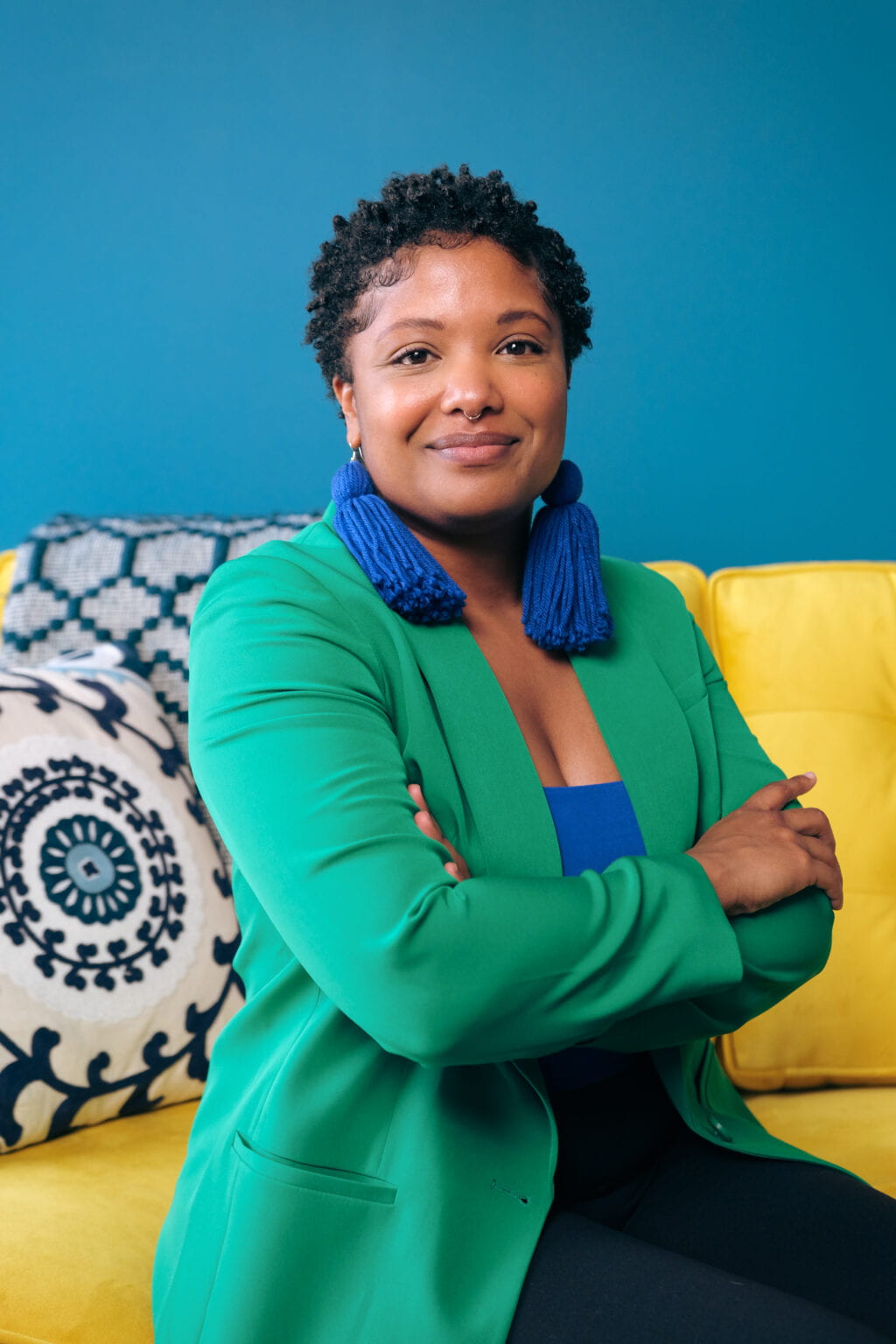HOPES29 SPEAKERS
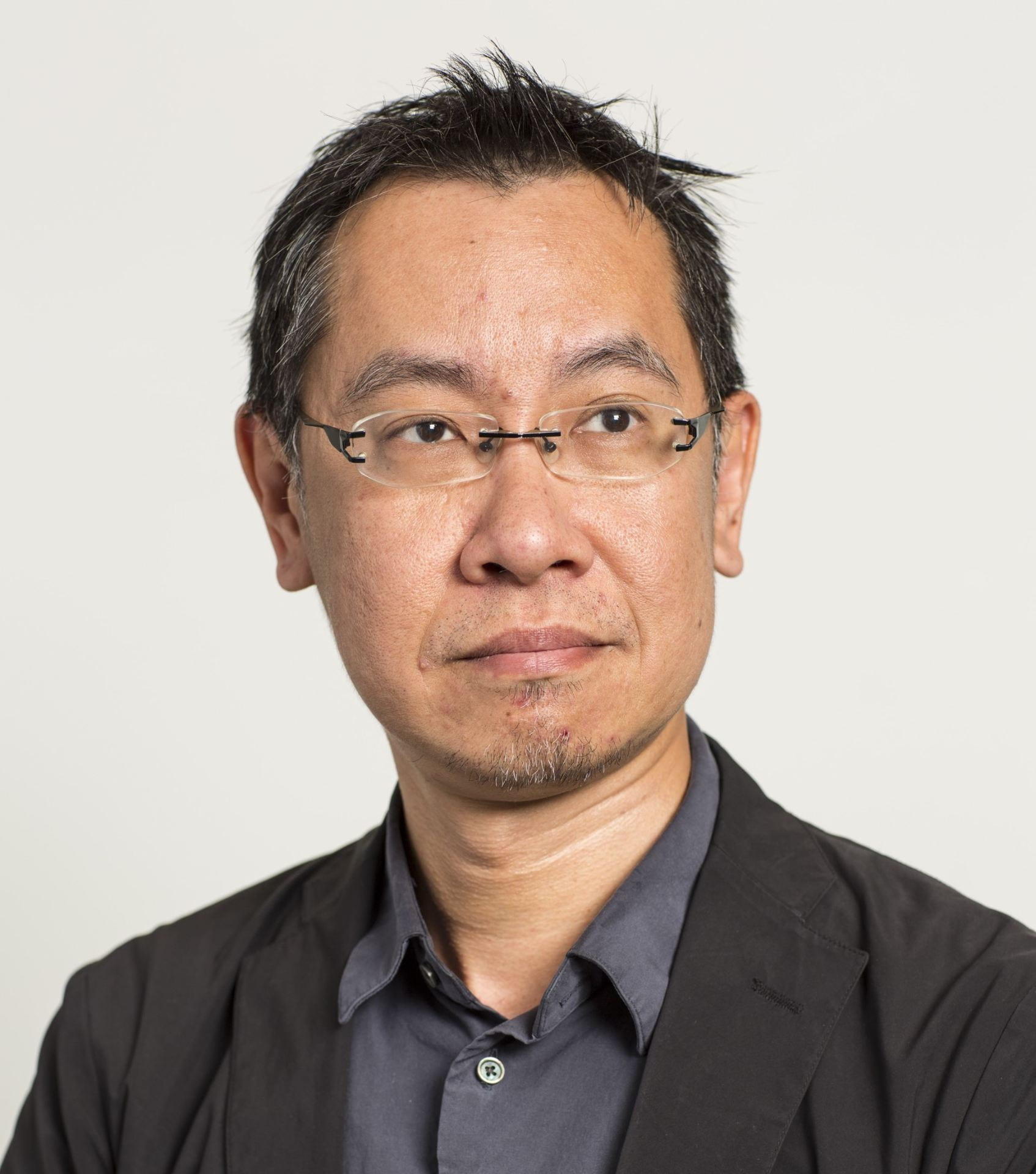
Jeffrey Hou
Jeffrey Hou, PhD, FASLA, is Professor of Landscape Architecture and director of the Urban Commons Lab at the University of Washington, Seattle. With backgrounds in architecture, landscape architecture, environmental planning, and public practices, his work focuses on public space and democracy, community design, design activism, and civic engagement. In a career that spans the Pacific, Hou has worked with indigenous tribes, farmers, fishers, and villagers in Asia and inner-city immigrant youths and elders in North American cities, on projects ranging from the conservation of wildlife habitats to bottom-up placemaking. Hou is the author, editor, and co-editor of numerous publications including Insurgent Public Space: Guerrilla Urbanism and the Remaking of Contemporary Cities (2010) and Design as Democracy: Techniques for Collective Creativity (2017). He is also a co-founder of the Pacific Rim Community Design Network. The network celebrated its 25th anniversary in 2023.
Catalyzing Change, Empowering Design – 5:30-7:00 pm Friday, April 19th
Design has been a force of change in the historical development of cities, through the making of parks and open spaces, for instance, to address the challenge of density and healthy living. However, throughout history, design has also been used to maintain the status quo and serve the powerful and privileged. To catalyze positive social and environmental change through design, we must first change how design practices are conceived and put to work. We must (re)connect design to an exercise of power, in other words, to empower design. In this presentation, different ways through which design is mobilized and empowered will be explored and illustrated through real-life cases.
AIA Continuing Education Credit: 1 AIA LU|HSW, Course: 2024.HOPES.01
Matthew Wizinsky
Matthew Wizinsky is a designer, researcher, educator, and author on contemporary issues in design practice and research. He is an Associate Professor of Urban Technology at the University of Michigan, PhD researcher in Transition Design at Carnegie Mellon University, and an Associate Editor for Visible Language, the longest-running peer-reviewed design journal. He has over 20 years of professional experience in graphic, interactive, exhibition, and experiential design. Wizinsky received an MFA in design from the University of Illinois at Chicago, a BS in graphic design from the University of Cincinnati, and executive training in strategic foresight from the University of Houston. His 2022 book Design after Capitalism (MIT Press) argues for a reimagined design paradigm oriented toward deliberate transitions of everyday politics, social relations, and economies.
Design After Capitalism – 10:00-11:30 am Saturday, April 20th
For over a century, professional design practices have been largely instrumentalized by the needs of capitalism rather than the needs of people or the planet. In the 21st century, multiple intervening crises indicate that “business as usual” cannot continue. Wizinsky will discuss key themes from his book ‘Design after Capitalism’ (2022) and share how he attempts to translate these aspects of theory into practice and education. This includes how the emerging field of Transition Design has impacted the initiation of something called the Solar Punk Design Academy. Design can contribute to transitions in everyday life, in part, by making ‘doing otherwise’ useful and desirable.
LinYee Yuan
LinYee Yuan (she/her) is the founder and editor of MOLD (thisismold.com), a critically-acclaimed print and online magazine about designing the future of food. In 2022, she initiated Field Meridians, an artist collective committed to advancing critical place-based dialogue to strengthen local food ecologies. Through site-specific exhibition, publishing, and broadcast, Field Meridians engages the Crown Heights community to lay the foundations for food sovereignty in the heart of Brooklyn. She is currently an adjunct professor at Parsons, The New School and was previously the editorial director for Emerson Collective, entrepreneur in residence for QZ.com, and an editor for Core77, T: The New York Times Style Magazine and Theme magazine.
Designing Ecologies – 1:30-3:00 pm Saturday, April 20th
What does it mean to design both everything and nothing at all? In an ever-uncertain world, it is critical for designers to reach beyond a productized notion of design and orient our practices towards world-building. By examining our complicated relationship with food, we can begin to rewrite what it means to be human within larger, living ecosystems and inscribe new modes of design. Together, we can forge ways to design for belonging, design for emergence, design for connection, and align ourselves with more than human teachers. After all, Vandana Shiva, the seed activist reminds us that “the web of life is a food web.
Sadie Red Wing
Sadie Red Wing is a Lakota/Dakota graphic designer and advocate from the Spirit Lake Nation. Red Wing earned her BFA in New Media Arts and Interactive Design at the Institute of American Indian Arts. She received her Master of Graphic Design from North Carolina State University. Her research on cultural revitalization through design tools and strategies created a new demand for tribal competence in graphic design research. Red Wing urges Indigenous graphic designers to express visual sovereignty in their design work, as well as encourages academia to include an indigenous perspective in design curriculum. Currently, Red Wing serves as an Assistant Professor in the Faculty of Design at OCAD University.
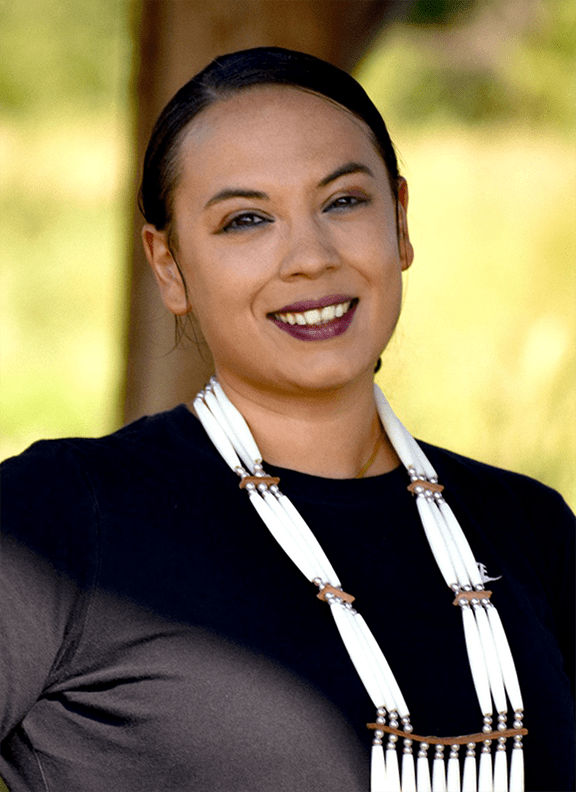
Indigenous Perspective in Design Education – 3:00-4:30 pm Saturday, April 20th
How can design education support the understanding and revitalization of tribal visual sovereignty and the inclusion of an indigenous perspective? In this presentation, Sadie Red Wing, a Lakota graphic designer from the Spirit Lake Dakota Nation, will share her background in design education and advocacy and introduce her research in the origins of Indigenous design with Traditional Ecological Knowledge (TEK) of the United States. Learn how traditional visual languages of the Great Plains reflect and evolve from elements of the landscape and how to include an Indigenous historical perspective in design education.
Terresa Moses
Terresa Moses is a proud Black queer woman dedicated to the liberation of Black and brown people through art and design. She uses creativity as tools of community activism like her solo exhibition, Umbra, and her community distro project, Stop Killing Black People. She created Project Naptural and co-created Racism Untaught. She has published two books, Racism Untaught and An Anthology of Blackness.
Moses is the Creative Director at Blackbird Revolt and an Assistant Professor of Graphic Design and the Director of Design Justice at the University of Minnesota. She is currently a PhD candidate in Social Justice Education at the University of Toronto. She serves on the advisory board of the Black Liberation Lab.
Abolitionist Design – 4:30-6:00 pm Saturday, April 20th
“[Artists] are here to disturb the peace.” –James Baldwin
As intentional artists, we have a responsibility to disrupt, dismantle, and destroy systems of oppression. The design industry has the time, money, and resources to use design to hold space for the voices of systemically oppressed communities while we work towards a collective future free from violence. Our creative abilities give us the means to collectively share stories in ways that invoke change and inspire action and advocacy for communities that have historically been underrepresented, underserved, and underinvested. Although the concept of abolition isn’t a new one, the 2020 Uprisings provided a reintroduction to this way of thinking to the global public. In my keynote, I will explore our role as designers and our duty to engage in design with an abolitionist mindset which I argue is the only means to collective liberation.
AIA Continuing Education Credit: 1 AIA LU|HSW, Course: 2024.HOPES.03
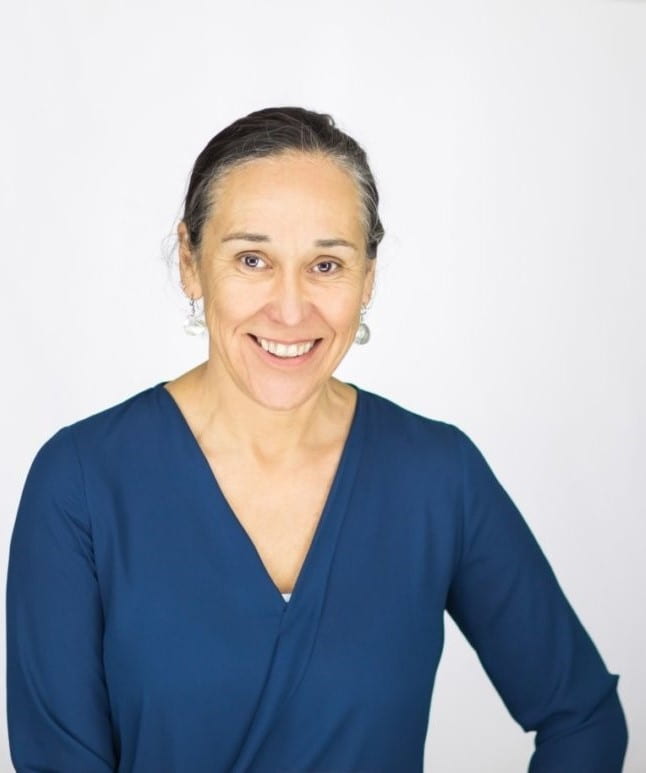
Polly Olsen
Polly Olsen (Yakama) is Director of DEAI and Tribal Liaison at the Burke Museum of Natural History and Culture. She has two decades of involvement in academia, healthcare, and museums, enjoying success in collaboration, program development, and planning and implementation. Her professional and life experiences—and her passion to serve communities—have led Olsen to thrive in her career. Olsen earned a BA in Liberal Arts/Cultural Anthropology from the UW.
Ken Yocom
Ken P. Yocom is an Associate Professor and Chair of the Department of Landscape Architecture at the University of Washington – Seattle. Trained as an ecologist and landscape architect with professional experience in the environmental consulting and construction industries his research and teaching are centered upon nature and society relations through the contemporary context of urban ecological restoration practices. His work emphasizes the development of holistic and integrated approaches that embrace the complexity of our built environments, yet discreetly explore the intersections that frame our understanding and appreciation of particular places. He has a strong belief that collaboratively, the allied design professions can act as catalysts in recognizing, utilizing, and transforming the inherent potential of our built environments into places that are socially equitable, environmentally just, and economically sustainable.
Collaborative Practice Along the Margins of Science and Place: The Burke Meadow – 10:00-11:30 am Sunday, April 21st
Since 2020, Polly Olsen and Ken Yocom have led a project of collaboration and care for visioning and serving the meadow at the Burke Museum of Natural History and Culture at the University of Washington – Seattle. As a living exhibit of the museum the project offers agency for the meadow to provide educational opportunities in cultural meaning, science, and design management. This session will offer a conversation that explores our growing relationship with the meadow and our active practice of aligning professional perspectives and intent.
AIA Continuing Education Credit: 1 AIA LU|Elective, Course:2024.HOPES.04
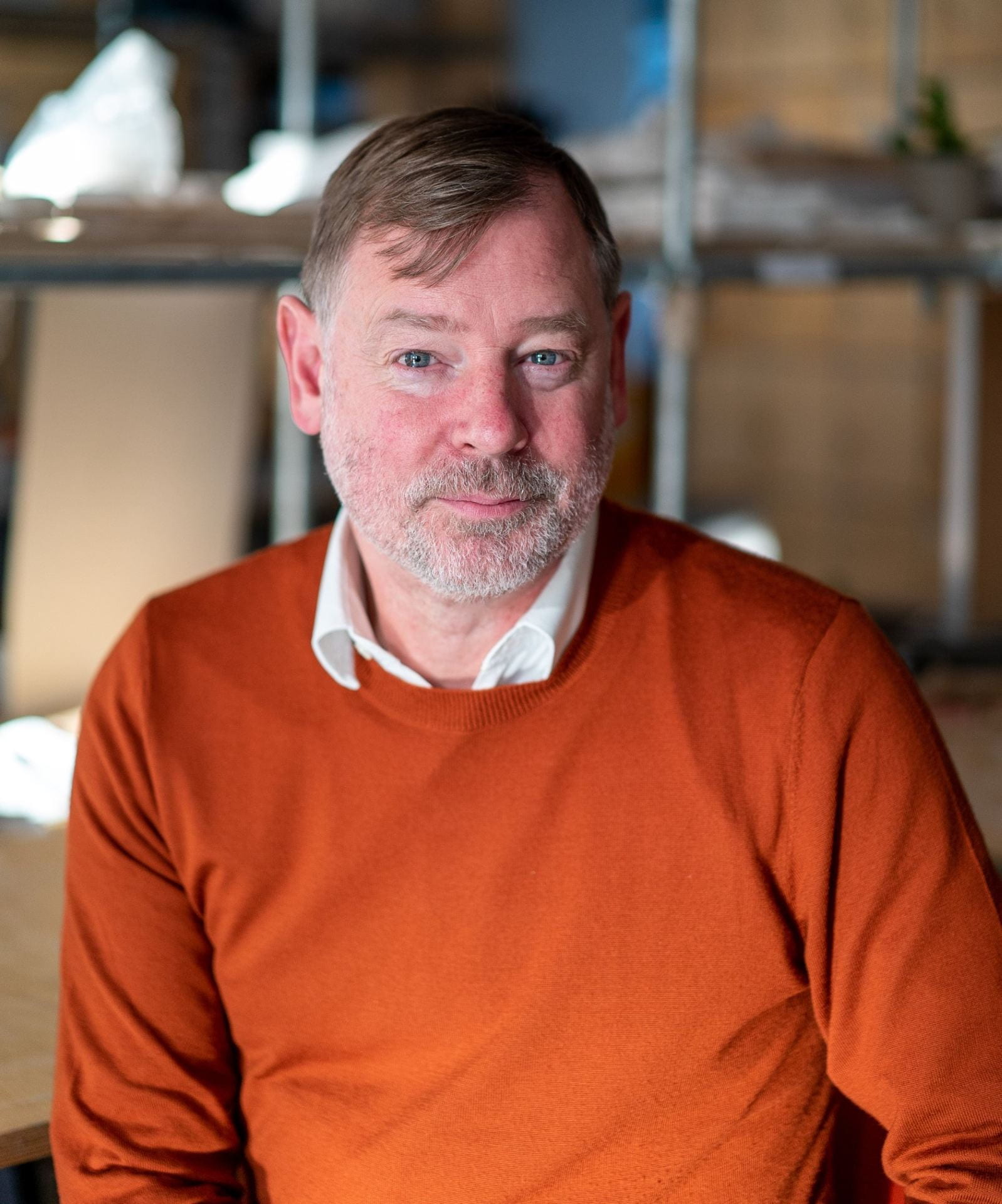
Tim Waterman
Tim Waterman is Professor of Landscape Theory and Inter-Programme Collaboration Director at the Bartlett School of Architecture, UCL. His research addresses imaginaries: moral, political, social, ecological, radical, and utopian. This forms the basis for explorations of power and democracy and their shaping of public space and public life; taste, manners, customs, belief and ritual; and foodways in community and civic life and landscape. He is Chair of the Landscape Research Group (LRG), a Non-Executive Director of the digital arts collective Furtherfield, and an advisor to the Centre for Landscape Democracy of the Landscape and Spatial Planning Institute at NMBU in Norway. He is the author of The Landscape of Utopia: Writings on Everyday Life, Taste, Democracy, and Design and editor of Landscape Citizenships with Ed Wall and Jane Wolff, Landscape and Agency: Critical Essays with Ed Wall, and the Routledge Handbook of Landscape and Food with Joshua Zeunert.
Planetarity and Design Imaginaries – 2:00-3:30 pm Sunday, April 21st
Earthliness, worldliness, and globality all provide different frames for thinking about life on our planet. They also provide different frames for ‘worlding’—the creation and maintenance of shared mental worlds that both arise from and result in earthly landscapes of everyday life. This talk will range from cartography and colonialism to utopianism and resistance to show how crucial it is to understand and remake ways in which worlds are made in the architectures. These are worlds not merely found in the built environment, but inside our heads.
AIA Continuing Education Credit: 1 AIA LU|Elective, Course: 2024.HOPES.02
